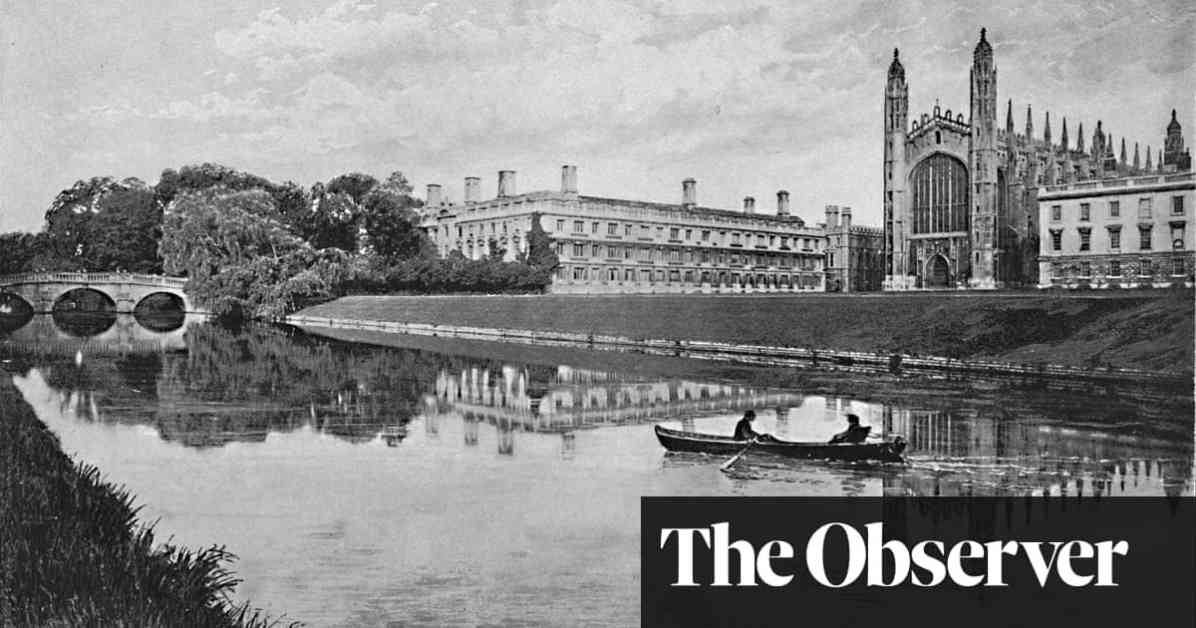In 1561, a little-known charter granted the University of Cambridge the power to arrest and imprison any woman “suspected of evil.” For nearly 350 years, the university utilized this law to incarcerate young working-class women found walking with undergraduates after dark in Cambridge. The women were labeled as prostitutes and could be forcibly taken to the university’s private prison and sentenced to weeks of confinement by the vice-chancellor. More than 5,000 women were arrested in the 19th century alone. Now, a local historian is pushing for an apology from Cambridge University for the unjust jailing of these thousands of women. Caroline Biggs, author of The Spinning House: How Cambridge University locked women in its private prison, is calling on the university to acknowledge the injustices these women faced.
Harrowing Accounts of Injustice
Biggs spent five years researching the university’s committal books, court reports, and national records to uncover the treatment of these women. Girls were arrested at night, taken to a cell in the prison, known as the Spinning House, and subjected to harsh conditions. The prison was cold, damp, and the food was minimal. Elizabeth Howe, a 17-year-old, tragically died after spending a night in a Spinning House cell under dreadful conditions, her only crime being in the vicinity of a brothel with a friend.
Abuse of Power and Control
The University of Cambridge exercised complete power and control over the people of Cambridge for centuries using various methods, including the Spinning House. The university made over 6,000 arrests, detaining many women multiple times for trivial reasons. The power struggle between the town and gown in Cambridge was evident through the university’s control over various aspects of life in the city.
Legal Challenges and Reforms
In 1891, after a national outcry, accused women were finally allowed legal representation, leading to important legal precedents being established. The scandal surrounding the treatment of women by the university forced parliament to revoke the university’s Elizabethan charter in 1894, putting an end to the unjust arrests and imprisonment of suspected sex workers. The Spinning House was demolished soon after. Caroline Biggs is advocating for the university to recognize the wrongdoing and commemorate the women who suffered due to these injustices.
As we reflect on this dark chapter in Cambridge’s history, it is crucial to acknowledge the resilience and courage of the women who challenged the university’s unjust practices. The call for an apology and recognition of the harm caused to these women is a step towards acknowledging and rectifying past wrongs. Let us remember their stories and honor their memory by ensuring that such injustices are never repeated.




